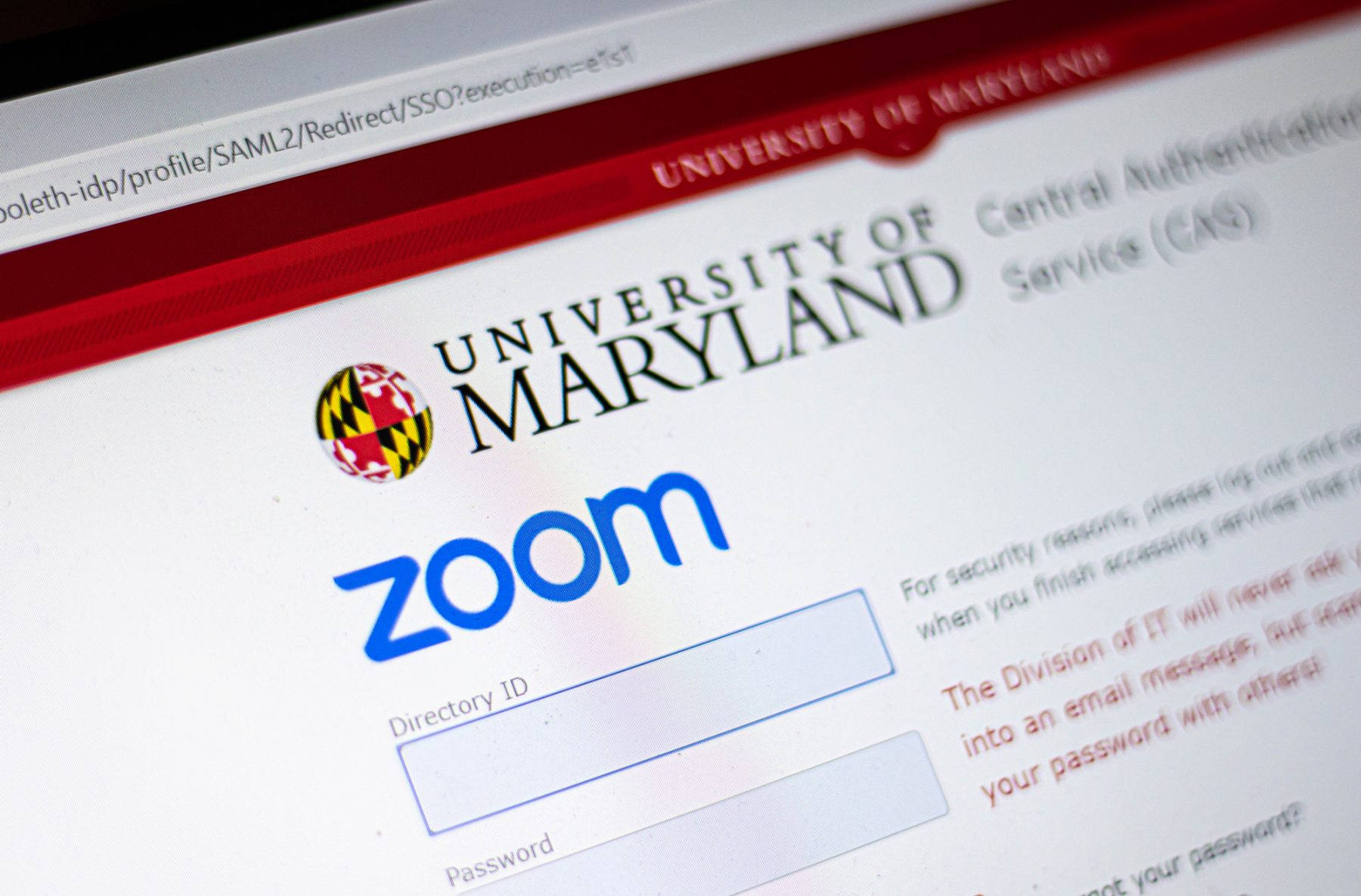Views expressed in opinion columns are the author’s own.
If you’re a Type A people pleaser like me, the implementation of virtual classes amid the pandemic was the perfect time to take on more extracurriculars. With the commute to class becoming a one-minute process of rolling out of bed and clicking on a link, it was suddenly possible to take on multiple leadership positions, work two jobs, take almost 20 credits and still have time to eat and sleep.
Seemingly smaller parts of the in-person workday weren’t needed anymore either. No more searching through the clothes in your closet. No more pouring a mug of coffee into a transportable one, and no more forcing small talk with the people in your classes.
The pandemic, for the most part, allowed us to forgo these little parts of our day. While they might seem insignificant, when taken collectively we saved a great deal of time and pressure. This “new normal” was with us for over a year, and breaking from it to return to fully in-person college — especially for freshmen, sophomores and transfer students new to the university — is quite a jarring transition to make.
We’re two months into the semester, and the jump back to in-person learning has proven to be an added stressor for students. Many have experienced anxiety, whether it be from severely decreased COVID-19 safety protocols at the University of Maryland (and everywhere) or because of the added demands in-person learning requires. To ease this transition to regular college life, and to really make this university welcoming and inclusive, professors should offer mandatory virtual options for classes and clubs in the upcoming spring 2022 semester.
The pandemic didn’t just change how we experience the workday — it changed our entire outlook on life. Rates of depression among the general population have more than tripled since the pandemic, skyrocketing from 8.5 percent before the pandemic to 27.8 percent during the pandemic. In June 2020, 40.9 percent of Americans said they were struggling with mental health or substance abuse, and 26.3 percent said they were suffering from a trauma or stressor-related issue related to the pandemic.
At this university, students are struggling to “return to normal” for a variety of reasons. For some, the jump in socialization is difficult to adjust to, leading to additional burnout. For commuter students, the long drive to class is difficult to justify with the newfound knowledge that their few classes of the day could be held on Zoom, saving them hours spent in traffic. For current freshmen and sophomores, who were introduced to college through the convenience of Zoom, the stress of these changes — like suddenly socializing with people everywhere you go and having to manage time to walk to class — are amplified.
There is a way to combat the difficulty students face as a result of the demands of normal life. Marney White, a psychologist and professor at Yale University, says individuals can try an anxiety treatment called “fading.” This involves slowly taking steps toward encountering their phobias.
Fading specifically prevents the feelings of stress and anxiety that can stem from being thrown into an environment that is unfamiliar or frightening. For many students, “normal life” has become a melting pot of people who forget to social distance, incessant social pressures and added responsibilities. Rather than “fading” into this normalcy, students have been thrust into it and expected to flourish.
At the university, fading could easily look like implementing a Zoom option for lectures. All students would be able to thrive, whether it be in person or from their desks in the comfort of their own home. And students who are immunocompromised or struggling with their mental health wouldn’t have to endure even more stress than they already have.
Between trying to submit assignments on time, beginning to live away from home and entering a new phase of life, college students are hitting a roadblock. Students shouldn’t have to suffer through situations that make them feel anxious when there are simple accommodations that could be made for them. Allowing students to choose between attending class in person or virtually would not only alleviate some of these burdens but also bring the university community one step closer to healing.
Rebecca Scherr is a sophomore English and government and politics major. She can be reached at rsscherr101@gmail.com.



